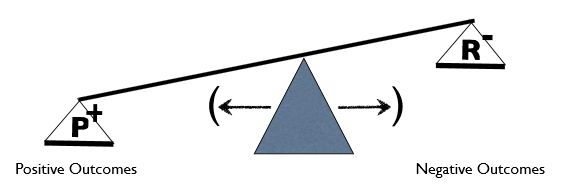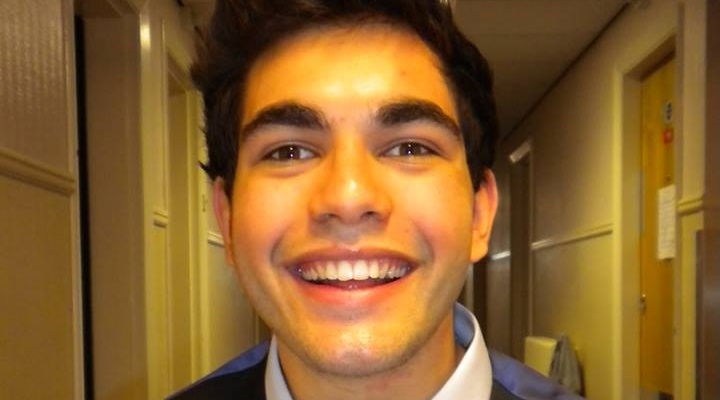Resilience Forum
At our HeadStart national event in May, Blackpool HeadStart Partnership shared their resilience model which helps explore potential resources available for young people to build their resilience individually, within their family, school and community.
Simon spoke eloquently of his life, from being born in advance – which had caused cerebral palsy and an inability to use his legs – to his own defiant route to create better than expected outcomes. Simon paid enormous homage to his mother and the huge effort she made in altering her son’s environment so that he had the best chance to succeed.
Democratising distress is about not packaging mental distress as something that can only be fixed by ‘experts with a privileged hotline to the truth’. Carl spoke about how informal community spaces frequently foster mental wellbeing through normal, everyday human practices. Being a good neighbour, treating people with compassion, making human connections, providing a space to just ‘be’ without labels and judgement were all part of the picture.
It is clear that a considerable amount of mental distress work is undertaken in organizations and services in our communities that are not rationalised as mental health interventions. However there have been few sustained attempts to centre these kinds of agencies and organizations.
We look from a holistic perspective at the principles and attitudes that actually build resilience in at risk young people. It will also look at the importance of them interfacing in a positive way with their communities and their place in the larger whole.
The building blocks of self-empathy can be created within a few hours. Sustainability and resilience grow as it is applied regularly at home or work. Yehuda gives examples for each stage of empathy and how they can be used to change emotional and physical issues with individuals, groups in clinical, educational, business and creative settings.
Dr Hoult uses science fiction films and books to imaginatively explore alternative futures with the participants, as well as the links between plural reading practices and resilience. She considers the role that hope plays in the formation of resilience and illustrates how imagining utopias can lead to the articulation of personal hopes for the future.
Resilience to re-offending highlights local research carried out in Hastings with 8 young men who had previous involvement in the criminal justice system from various local organisations, aimed at understanding the processes and mechanisms that support young men to turn their lives around after engaging in criminal behaviour.

